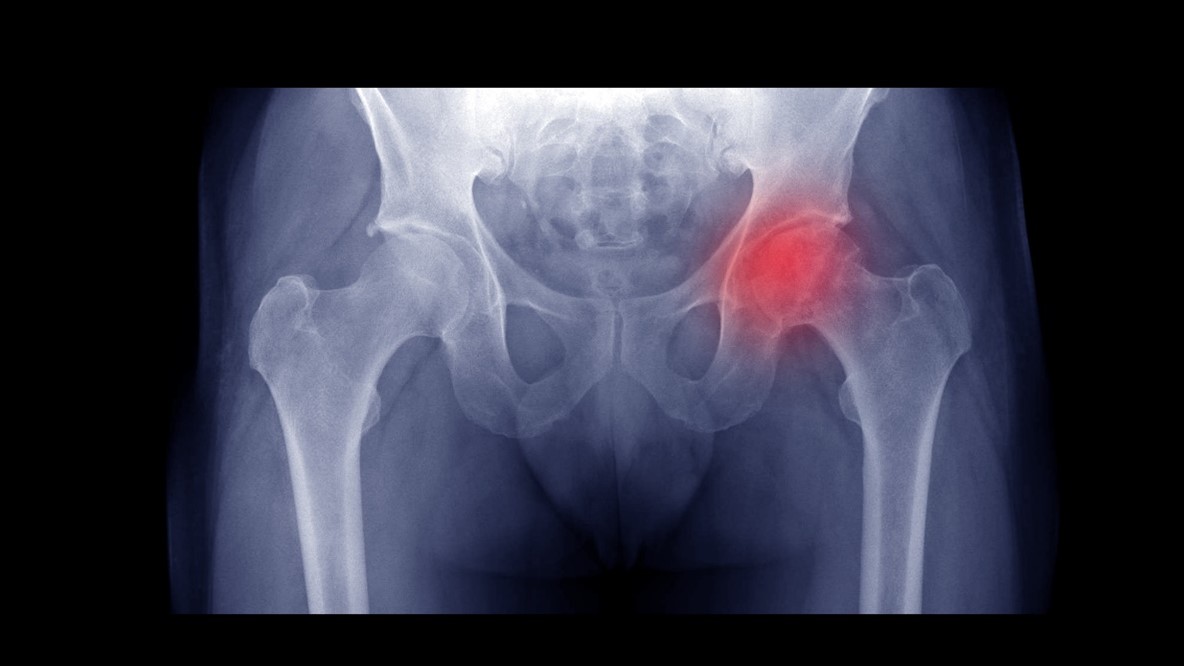What is Avascular Necrosis of the Hip?
This is a condition when the blood supply to the hip bone is cut off. The hip is very important for supporting your weight, so when it doesn't get enough blood, the bone tissue can die off faster than the body can fix it. This might even lead to the hip joint collapsing.
Causes and Risk Factors
Several things can cause AVN in the hip, including:
- Injuries: Injuries like hip fractures or dislocations can harm the blood vessels around the hip.
- Steroid Use: Using corticosteroids for a long time can lead to AVN.
- Alcohol consumption: Too much alcohol can lead to fatty buildup in your blood vessels, which blocks blood flow.
- Health Problems: Conditions like sickle cell disease, lupus, and others might increase your risk.
- Other Causes: Treatments like radiation, chemotherapy, and having an organ transplant can also be factors.
Symptoms of Avn
At first, you might not notice any symptoms. As AVN gets worse, you might see signs like:
- Pain: It starts when you put weight on the hip and can get worse over time, becoming constant.
- Stiffness: You might find it hard to move your hip, which can make it difficult to walk or bend.
- Worsening Pain: If it’s not treated, the pain can get very bad and make it hard to move.
Diagnosis can be done through various investigations
Catching AVN early is crucial. Doctors might use:
- Physical Exam: Your doctor will check where it hurts and how well your hip moves.
- Imaging Tests: X-rays can show bone changes, but MRI scans are better at spotting AVN early on.
- Bone Scan: This test helps see how much of the bone is affected.
Treatment Options available are
The treatment depends on how severe the AVN is and your overall health:
Conservative Treatment: Early on, you might just need to rest the hip, take pain medicine, and do physical therapy.
Surgery: If the AVN is severe, you might need surgery to remove the damaged bone or replace the joint.
Lifestyle Changes: It’s helpful to cut down on smoking, drinking, and to manage other health conditions.
Understanding AVN of the hip helps you know when to seek help. Getting treatment early can help manage symptoms and prevent worse problems.
Don't wait for the pain to worsen. Contact your doctor to discuss your symptoms and explore treatment options.



